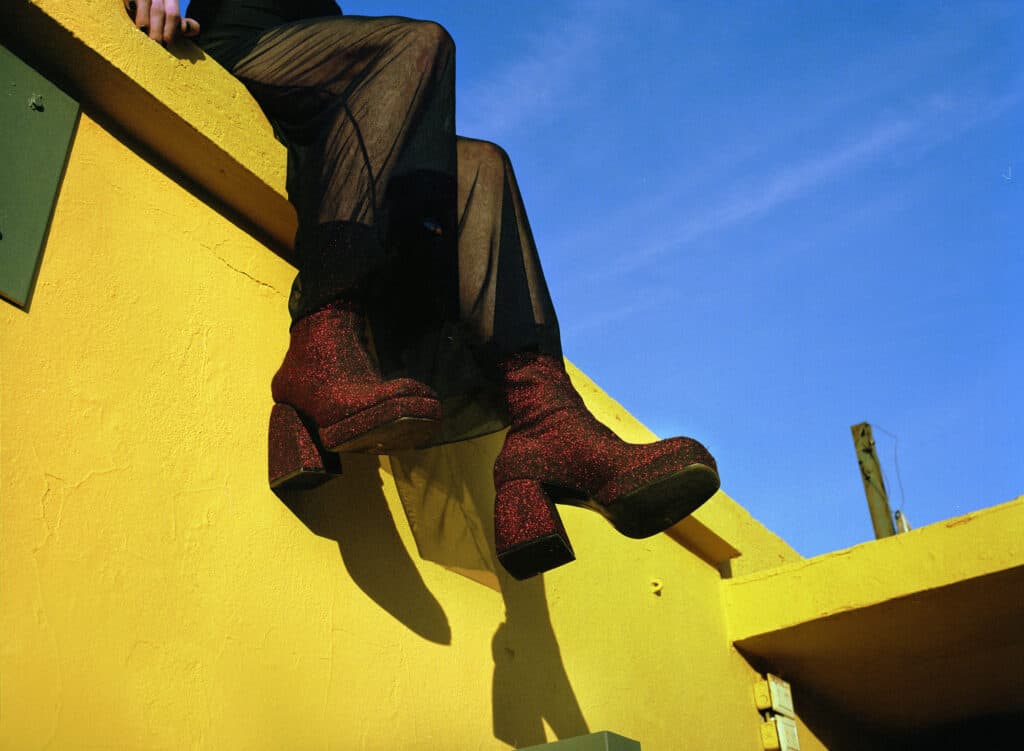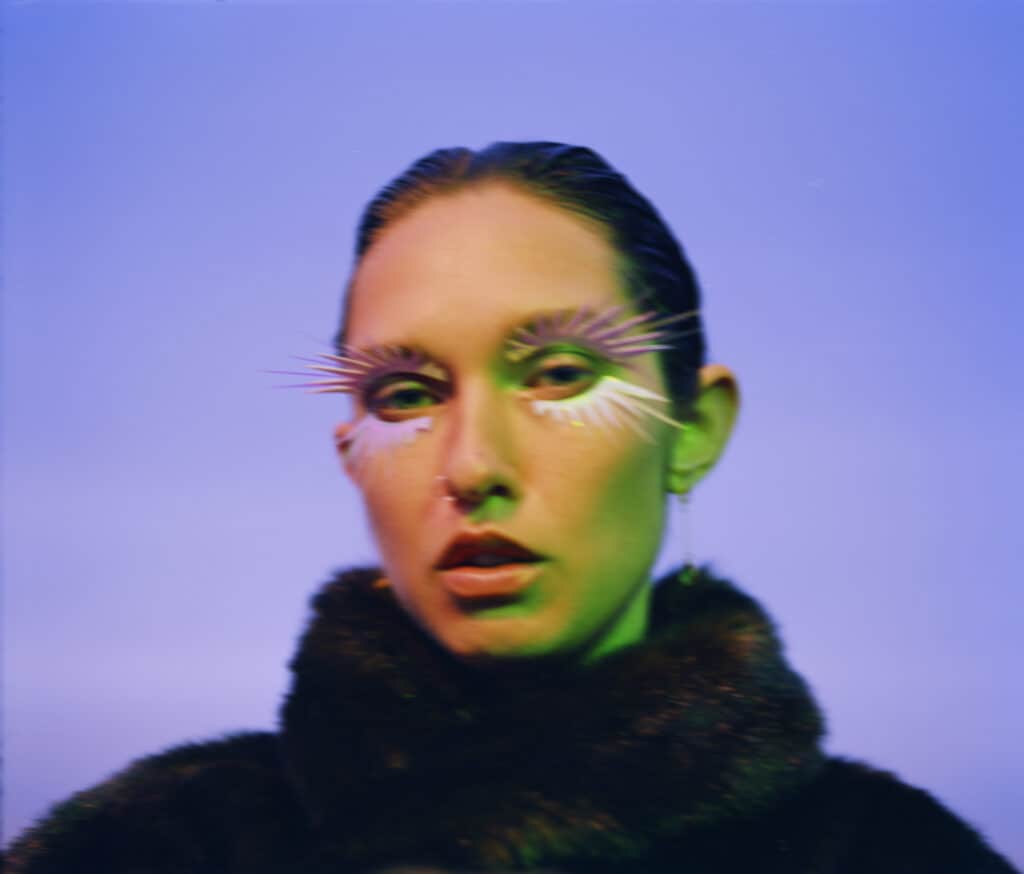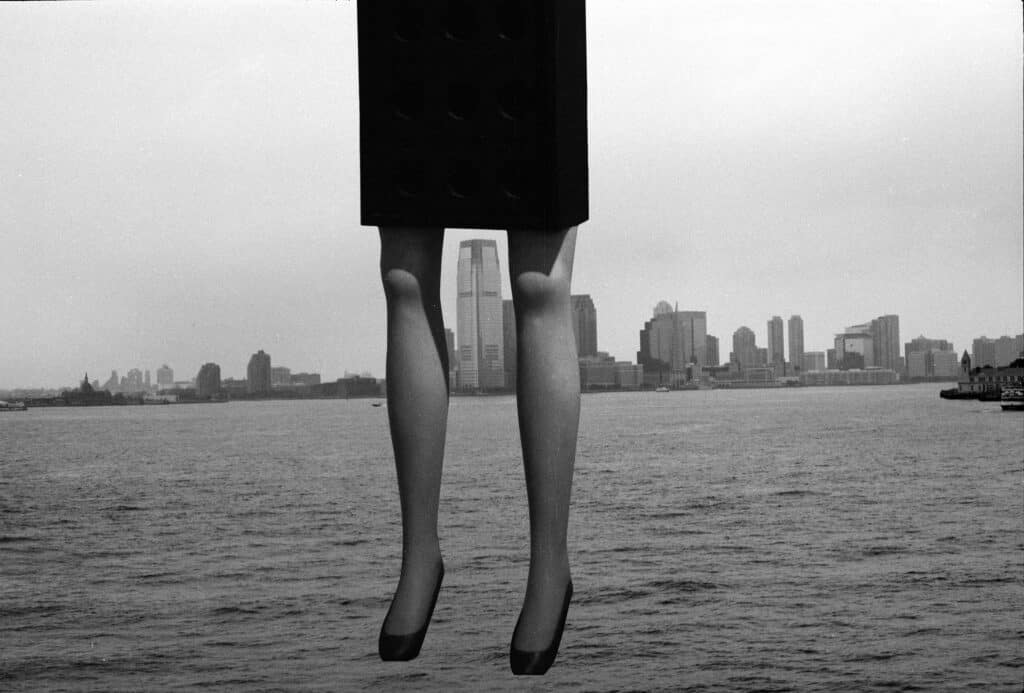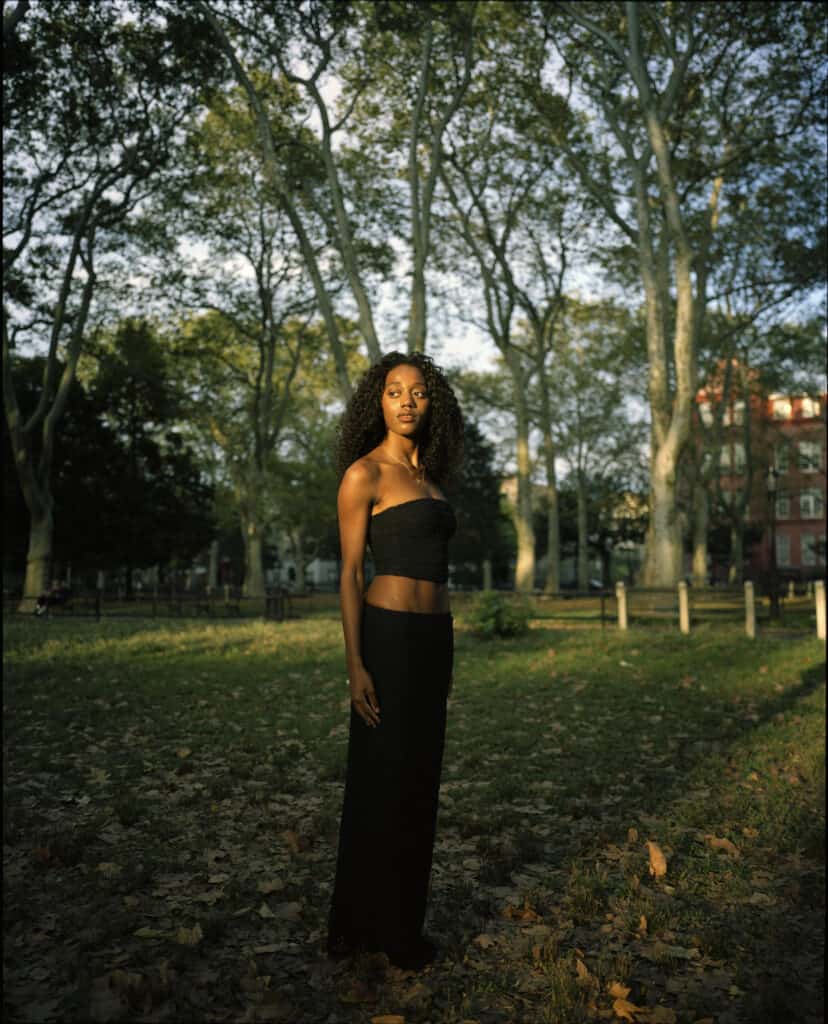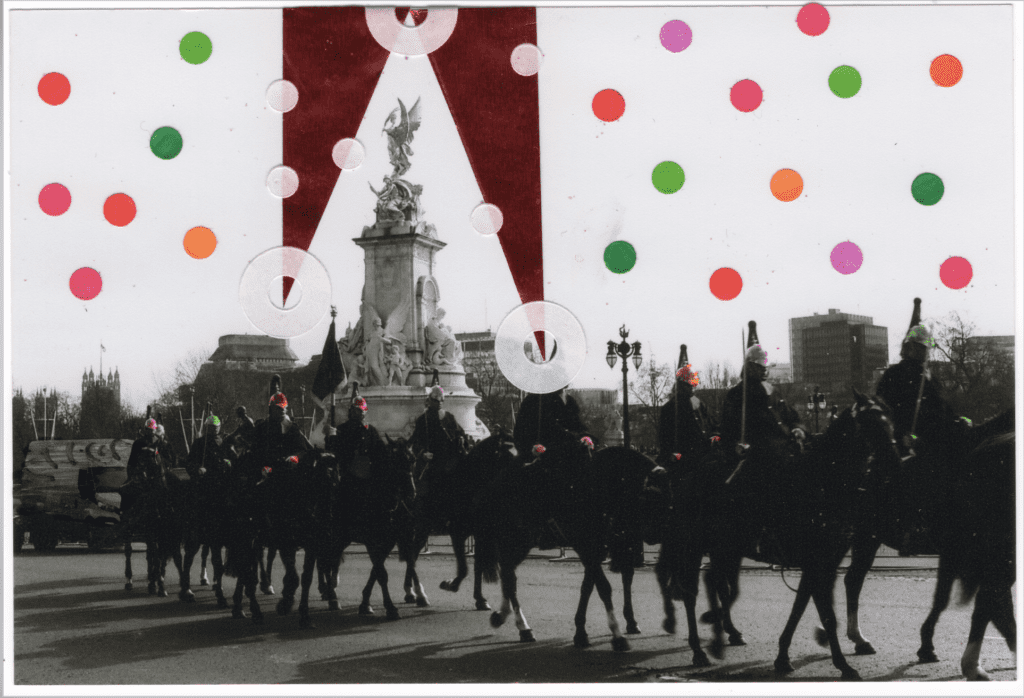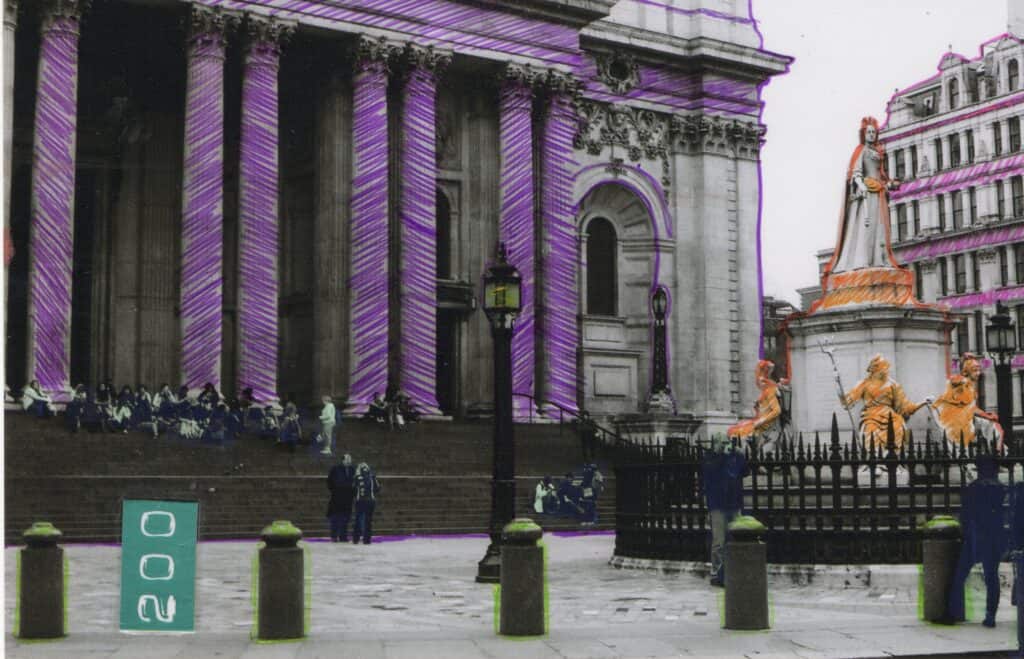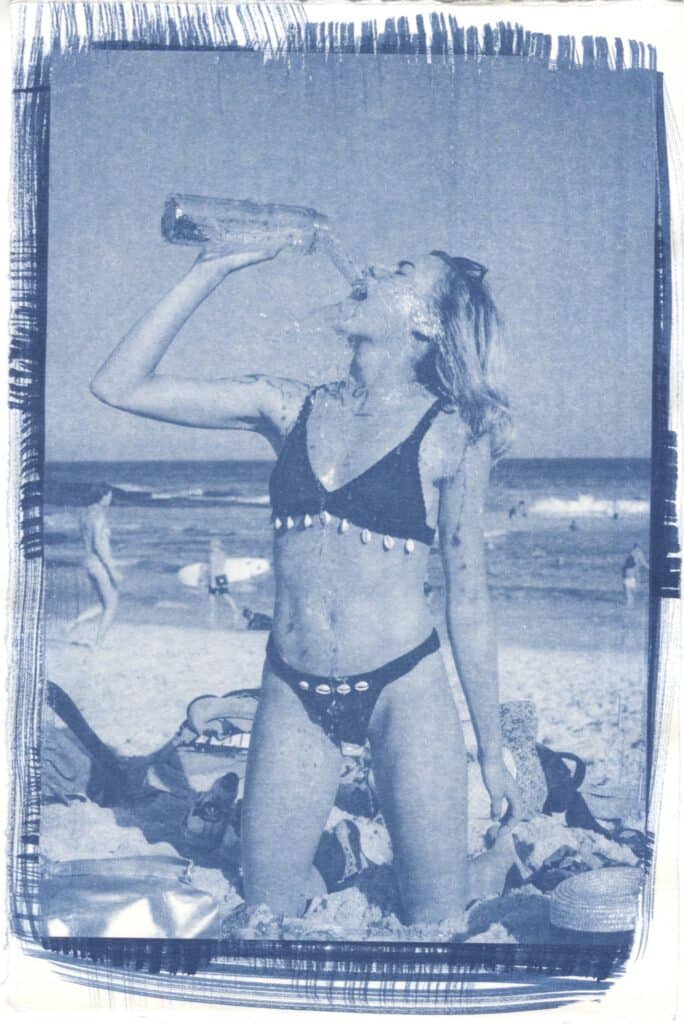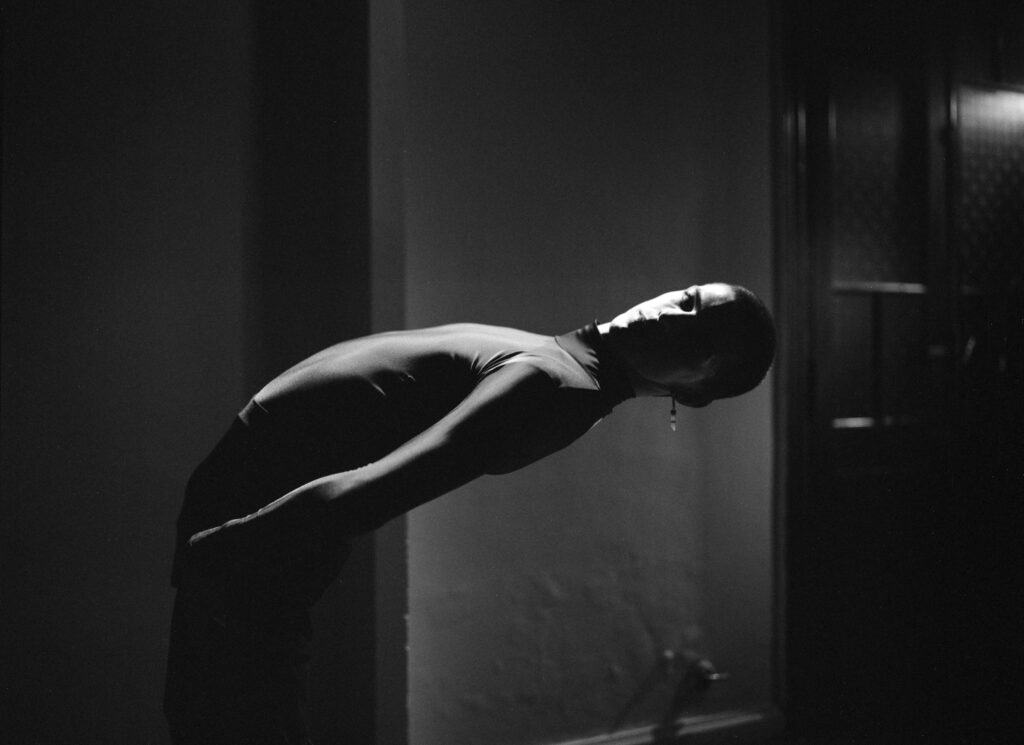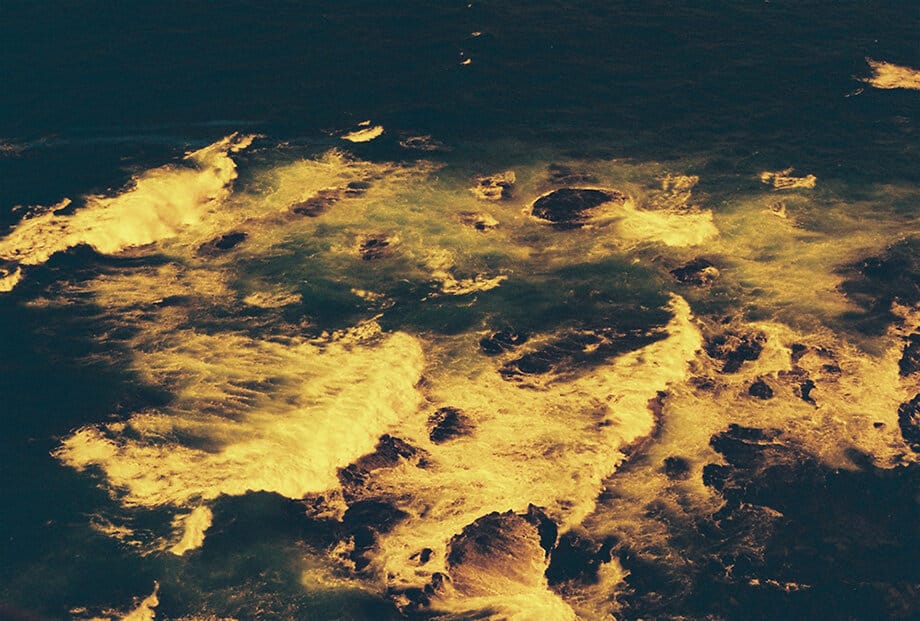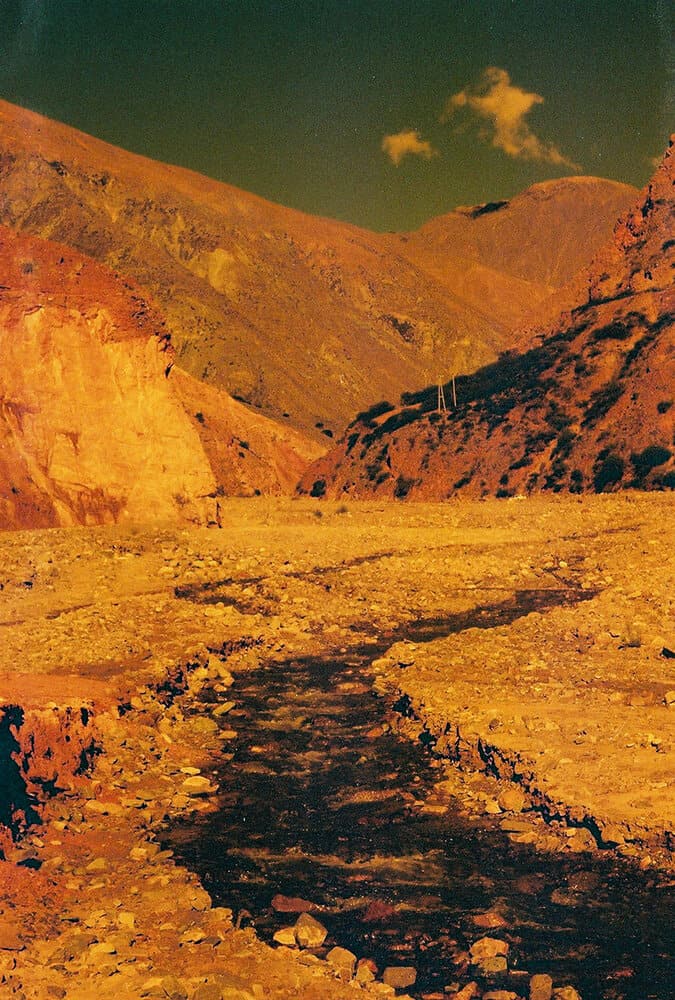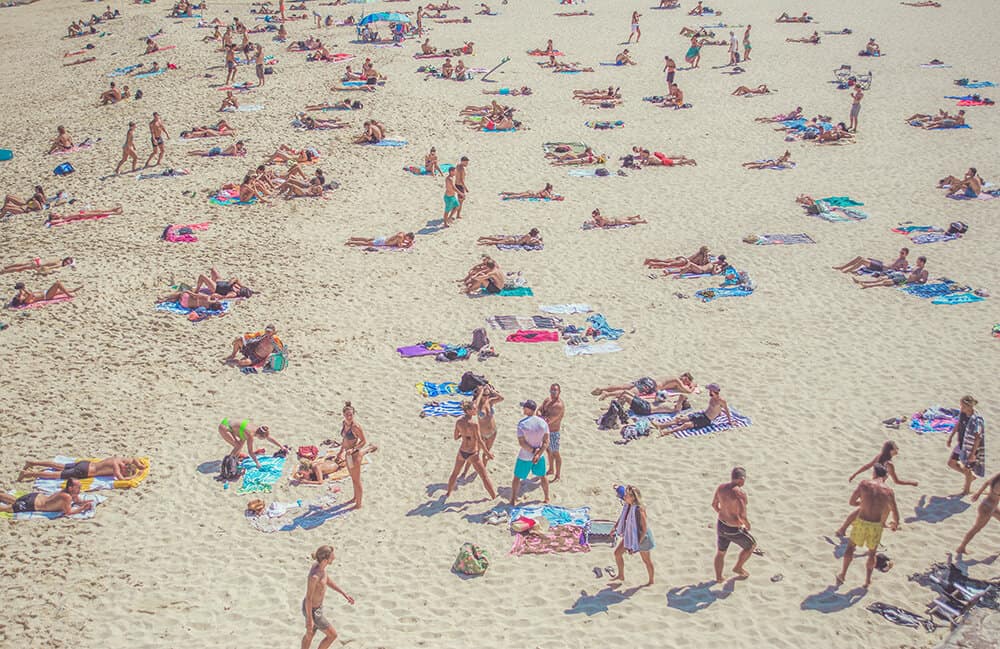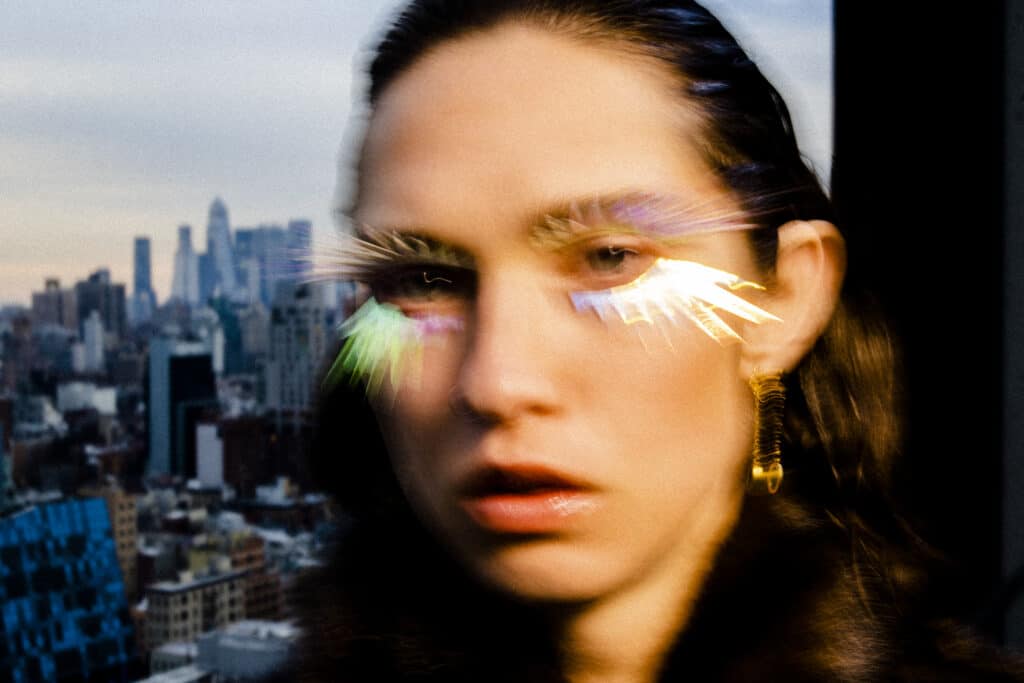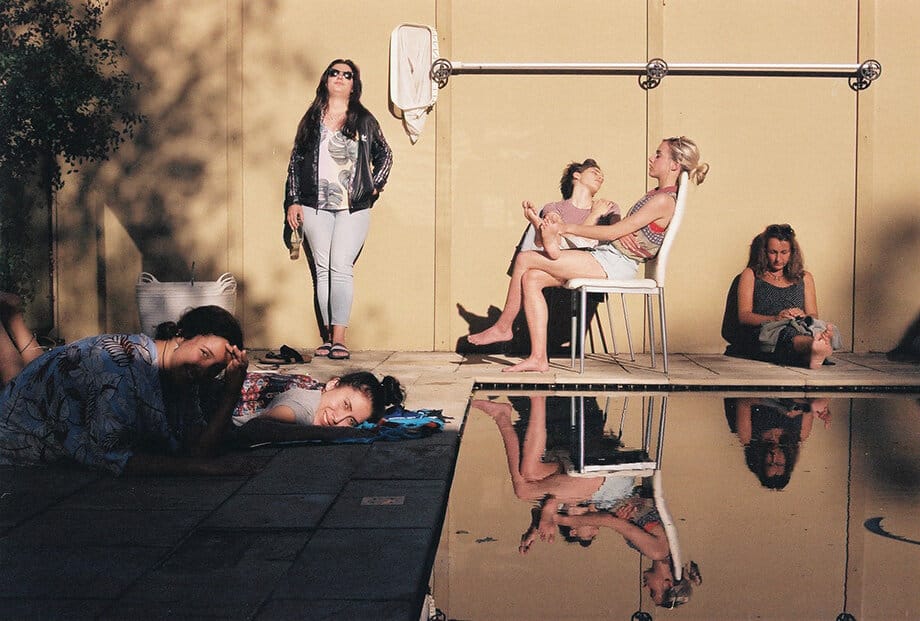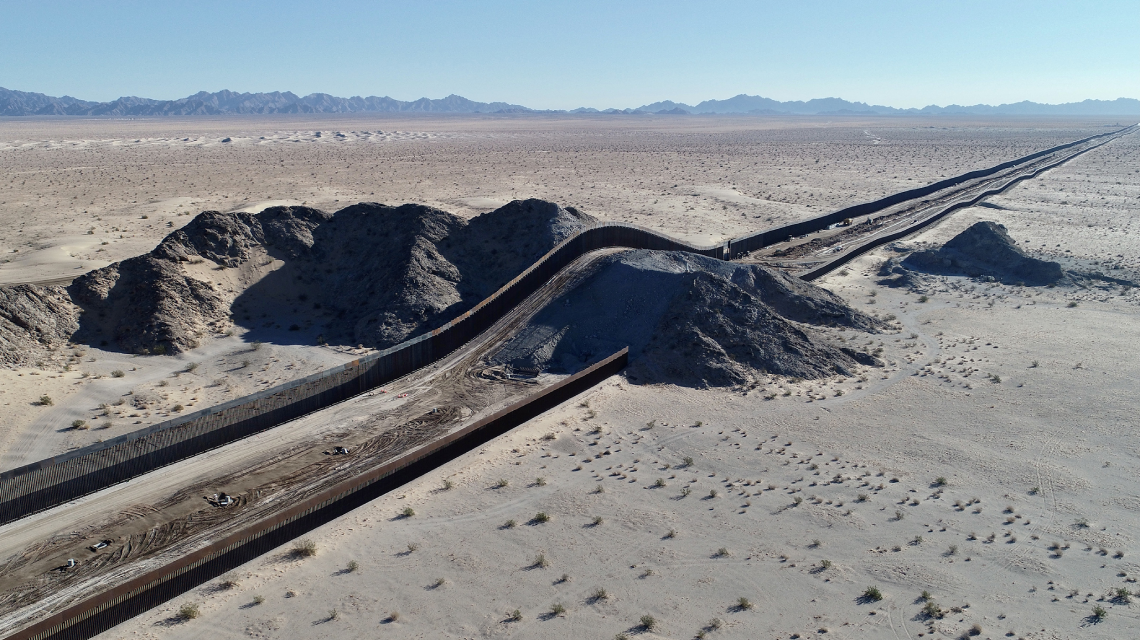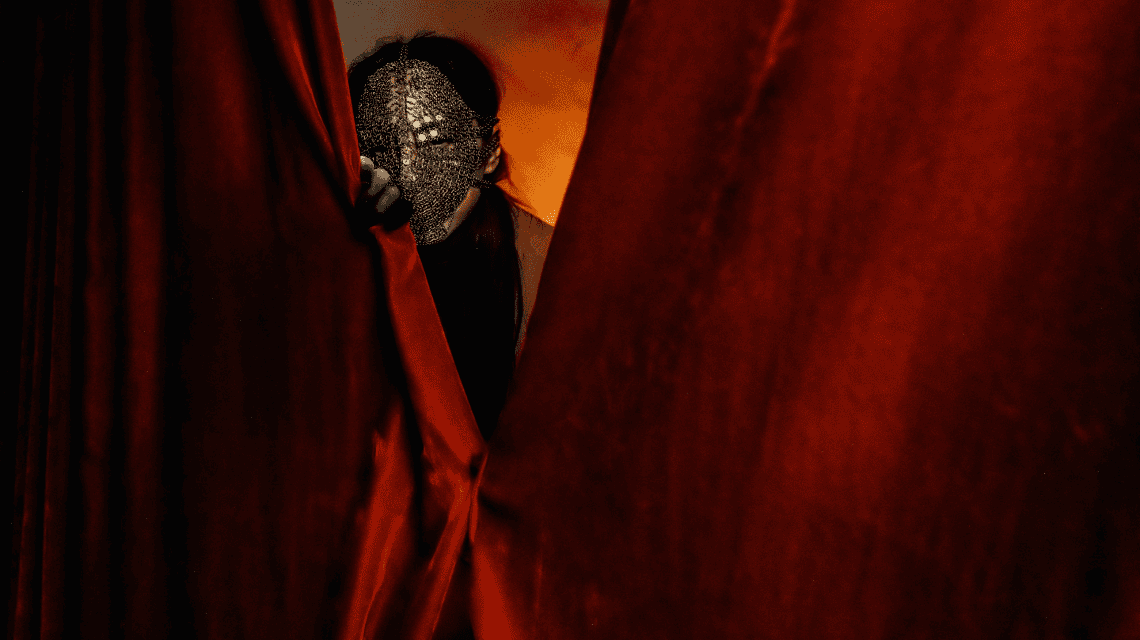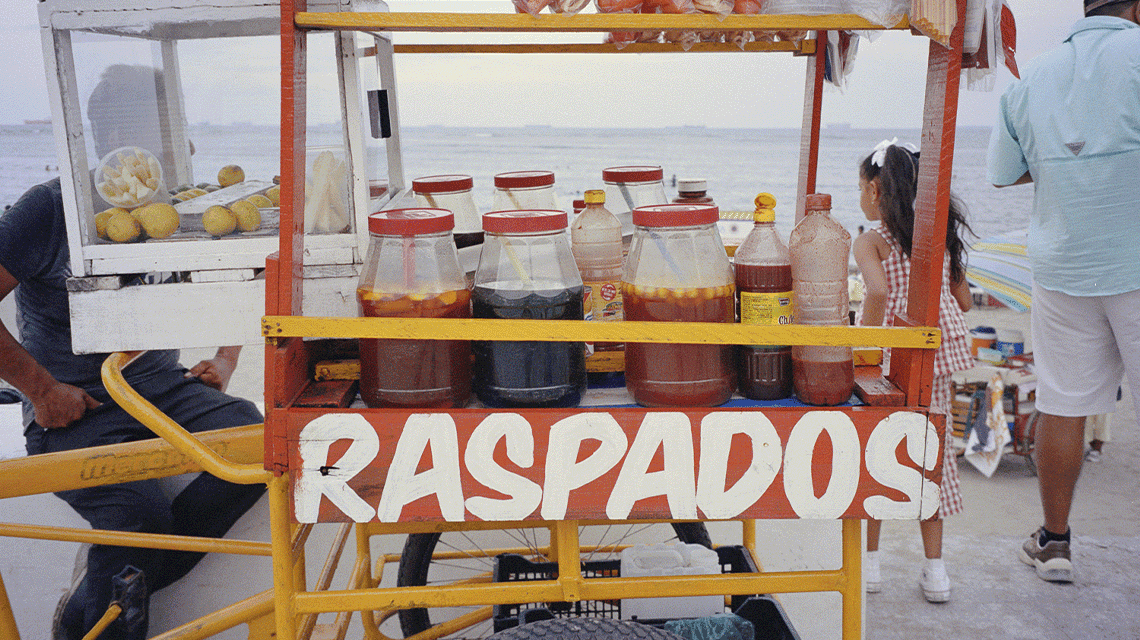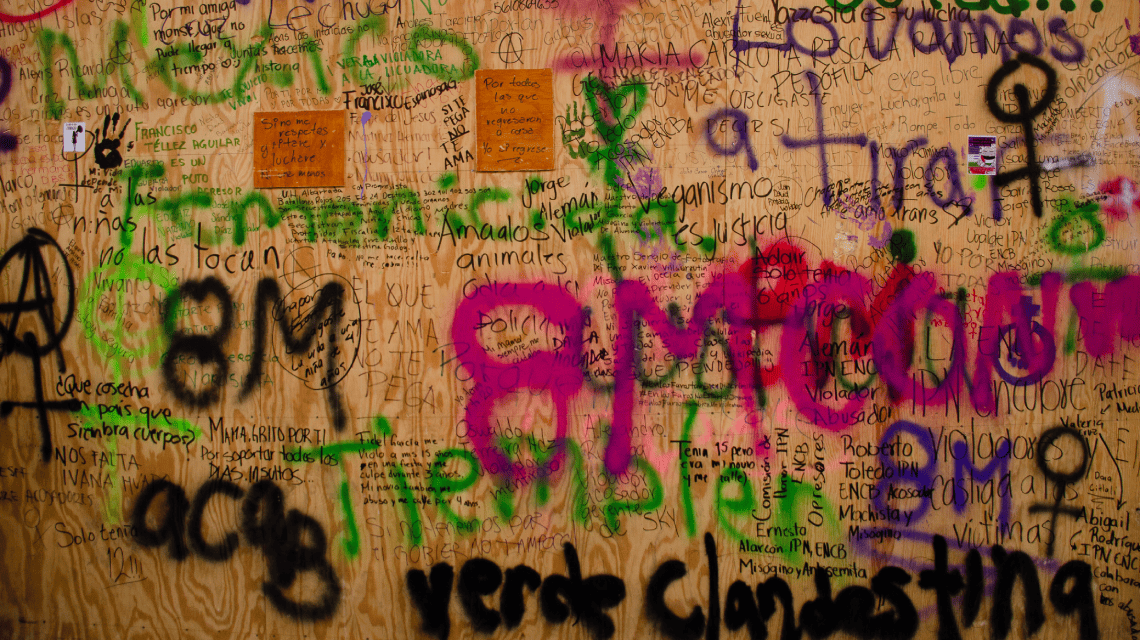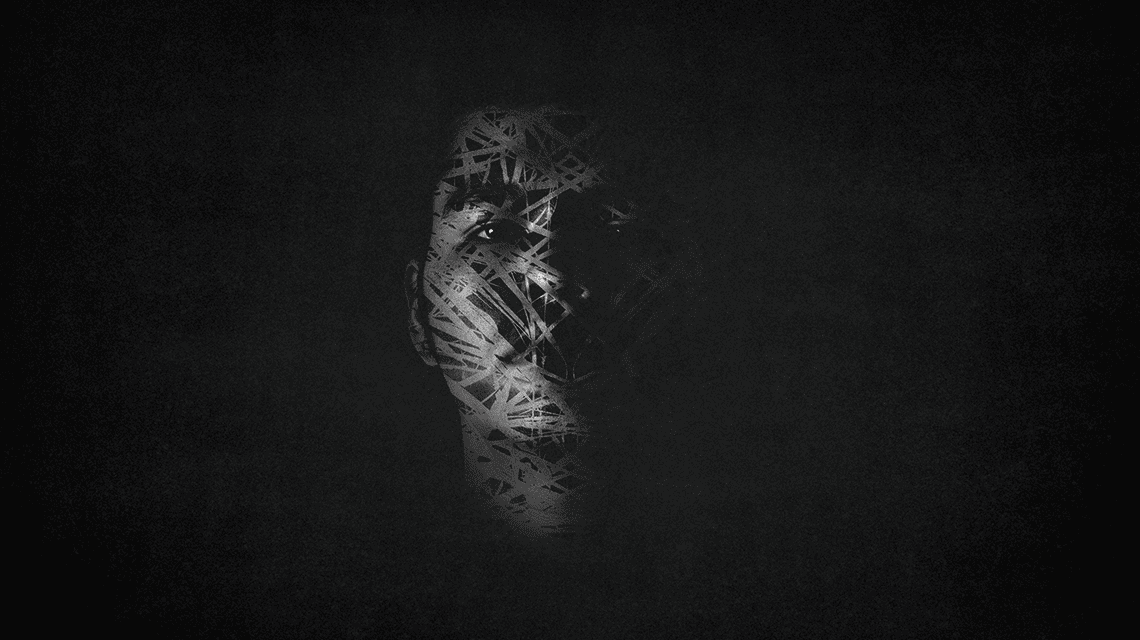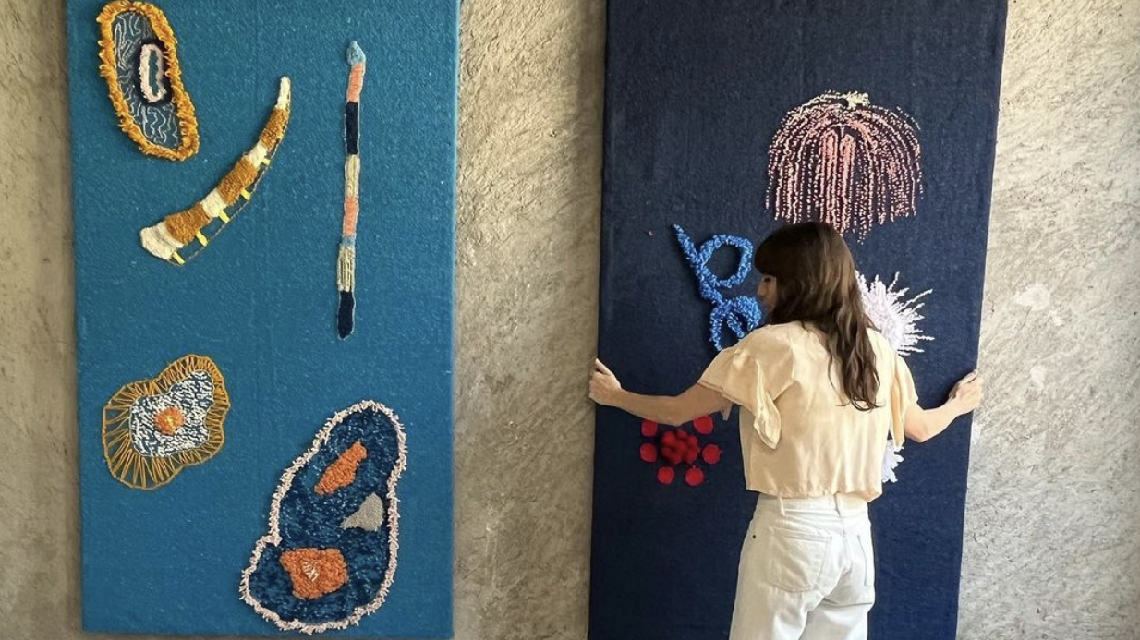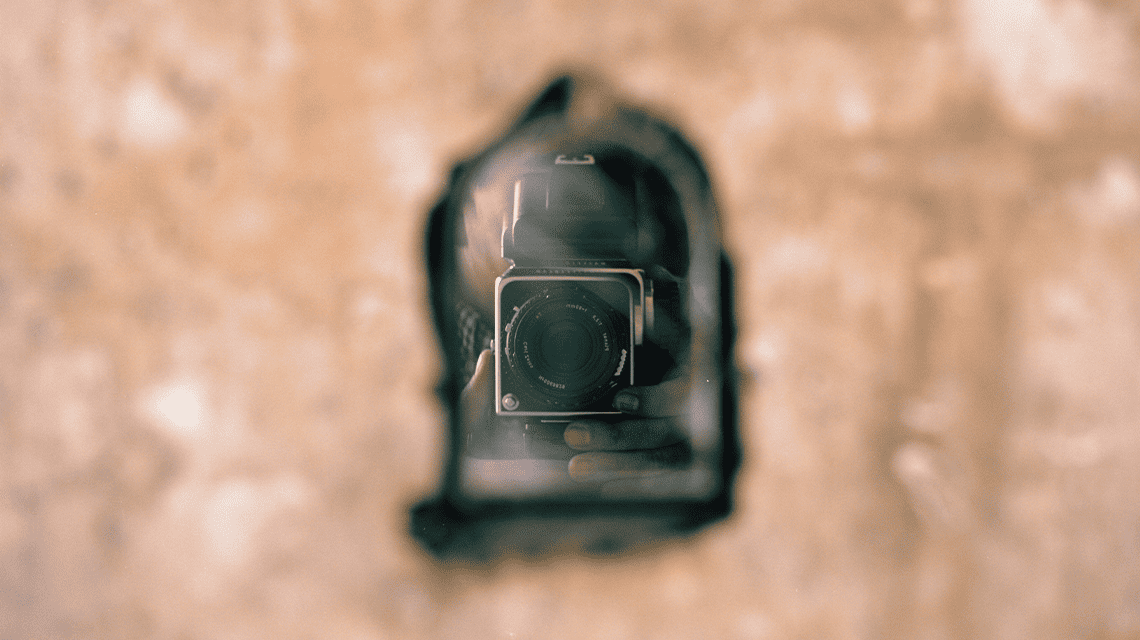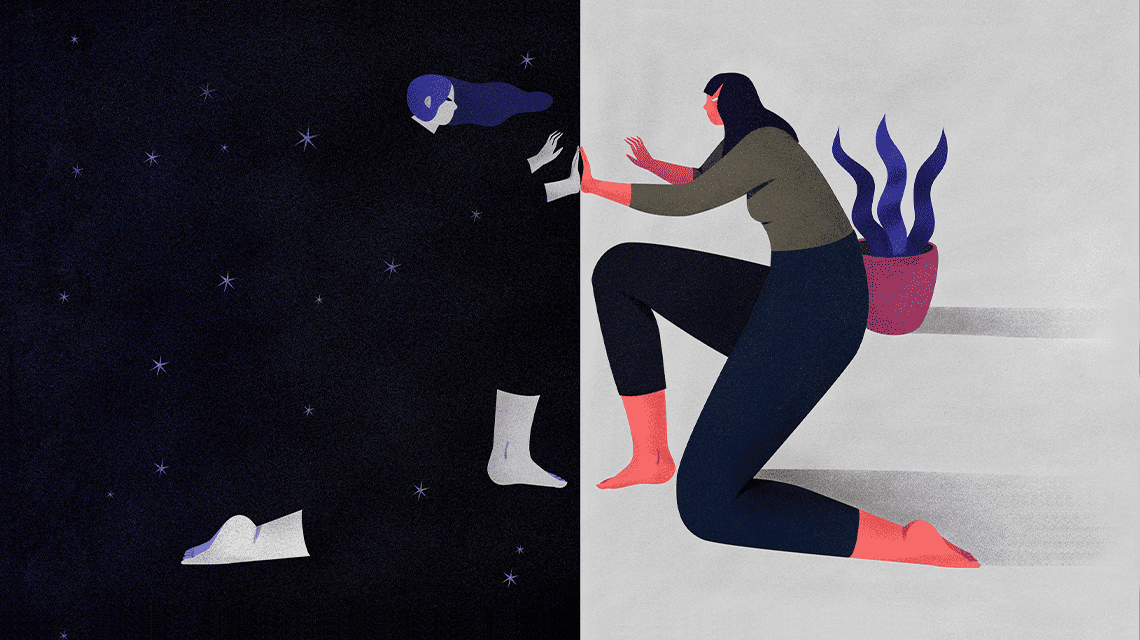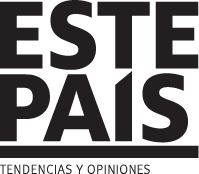I love Buenos Aires deeply, she tells me, furrowing her eyebrows as she usually does when she laughs. She adjusts the red frame that frames her eyes and just before she can resolve her statement, she is interrupted by the unison shout of a group of people in costume passing right in front of the bar where we are, on Essex Street. And although we are both distracted, thanks to that scene Ana is able to conclude her idea: but you see, it is just because of these things that I came to New York.
To love something deeply requires also to have repudiated it, to have felt rejection for it at some point. Or not necessarily. Our conversation has left room for such statements: it could be because Ana arrived a few days ago from Argentina and her memories of friends and quarantine ghosts are still fresh, or because coming back home is also coming back to breathe, or because everything she says carries the same overflowing emotion of a freshly poured glass of beer, as if in each sentence she left her life, as if each word were her last, as if she loved each thing so deeply.
Ana Aizer knew every verse of Inconsciente Colectivo by heart when she was a child and her love for cinema is the memory of her mother taking her by the hand to see a different movie every Saturday: as a child I was very perfect, very adult, maybe that’s why now my personal style is very marked by indecision.
But indecision, which she herself recognizes as her personal genesis, is not that of one who doubts everything but of one who has made of going off the deep end a personal art: to be dazzled by each film, to exhaust its photographic possibilities, to be amazed by a plastic camera, to cry at a concert seen many times. Indecision is nothing more than being impressed every time, all the time.
***
It’s the last day of summer. Él Mató a un Policía Motorizado takes the stage at SOB’s in SoHo. The audience, mostly Argentines, turns into a jumping, hand-raising mass as Santiago Motorizado closes his eyes and lets out the first ahhh of El Tesoro. Ana moves around the stage with a camera in her hand. She appears and disappears, once to the left, once to the right. Then she walks through the audience, then through the band. The place melts in emotions and darkness but Ana is focused on her camera, she becomes oblivious to the energy of the place, as if she has always understood the magic that surrounds each production.
If we don’t have community, if we don’t have allies, we are lost, she tells me after reviewing all the jobs she has had, including her passion for theater. Her experience in film production made her understand the value of relating to people who are looking for different things but for whom the sense of unity is the same. And it was precisely a community that changed her life: if it hadn’t been for the Fotoclub Argentino, I might not have decided to dedicate myself to photography.
Ana takes a sip of her beer and jumps between memories: my adolescence was listening to Björk and watching movies, and with that she concludes that the importance of art, photography and life is in its disjunctions: choosing between color or black and white photography, or between photography and cinema, would be like asking me if I love my dad or my mom more. Photography is just an opportunity to generate an impact, cinema is a prolonged emotion.
Last November Ana found a 35mm Pentax K100 that her mother gave to her father almost forty years ago. With it she began to have a photographic correspondence with her father, erasing the distance between La Plata and the Hudson: my dad would take the pictures and then I would intervene the negatives in the darkroom.
And it is just when she remembers this practice that led her to recognize herself in another sense, that she tells me: life is just a pretext to do what we love the most.
***
I don’t know why we even talk about our signatures. Ana for a moment stretches her arms across the table and steals my notebook. She turns to the last pages and starts to make hers. She explains it to me and remembers the day she invented it. She might as well do it on a napkin, but the fact that she rehearses that scribble on my notebook, which on the one hand, according to graphologists, defines us, illustrates a point that speaks to me at the same time: I am in constant search of myself, I am recognizing myself.
Ana’s practice is a constant signature, made each time in a different way but with the same ligatures.
And we return to the subject of deep love: I spent the pandemic alone, in a studio apartment, she tells me, that’s why I felt the urge to leave, to come to New York, to leave Buenos Aires. And when I ask her if she wants to come back, she says yes, without thinking: to leave is to stay, to stay is to leave, you have to glimpse the end of things to be able to enjoy them.
The end of things, the end of this conversation, the end of winter. Ana gets up from the table and asks me if I want to go to a Greek restaurant. We go outside and it’s the first time we don’t have to wear a jacket. So we go and Ana orders the simplest thing on the menu: tyrokafteri, which is just feta cheese with peppers. She tries it.
Her gesture makes me think it’s the best thing he’s ever tasted in his entire life. EP

